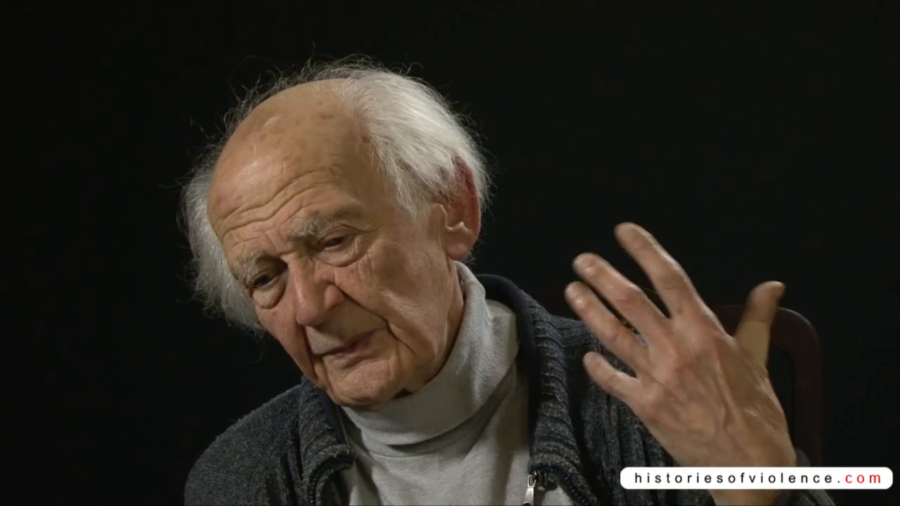In pre-modern societies there was no idea of waste; everything was going back into life—recycled, as we would say today. If there were more children coming into the world in a family, then obviously there was room for them, and extra work somewhere in the farmyard, in the field, in the stable. And of course a place around the table. So the idea of being redundant, having no place in society, simply didn’t occur.
Archive (Page 1 of 3)
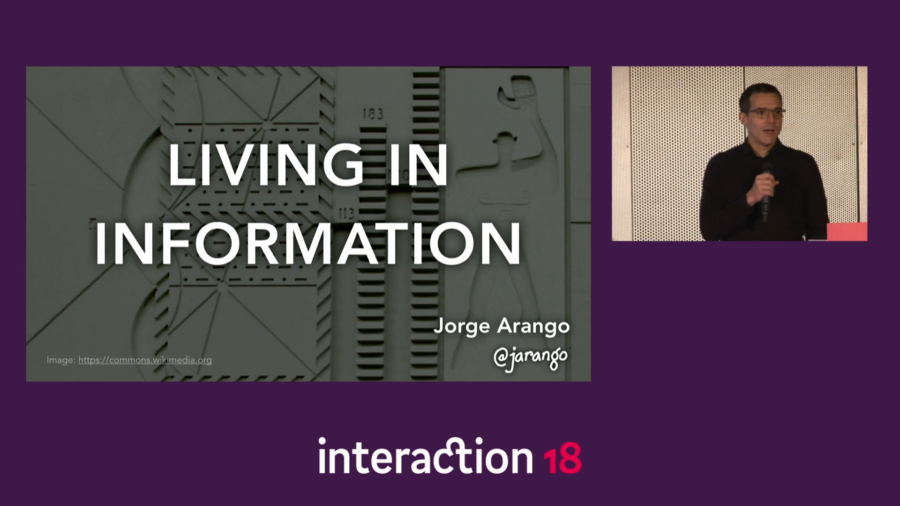
The framing of what we design is very important to how we go about it. We have not been framing these things as contexts. We’ve been framing them as products, services, and a whole other series of terms that are— Tools, for example. And these are things that are mostly transactional. They’re not things that are meant to be inhabited.
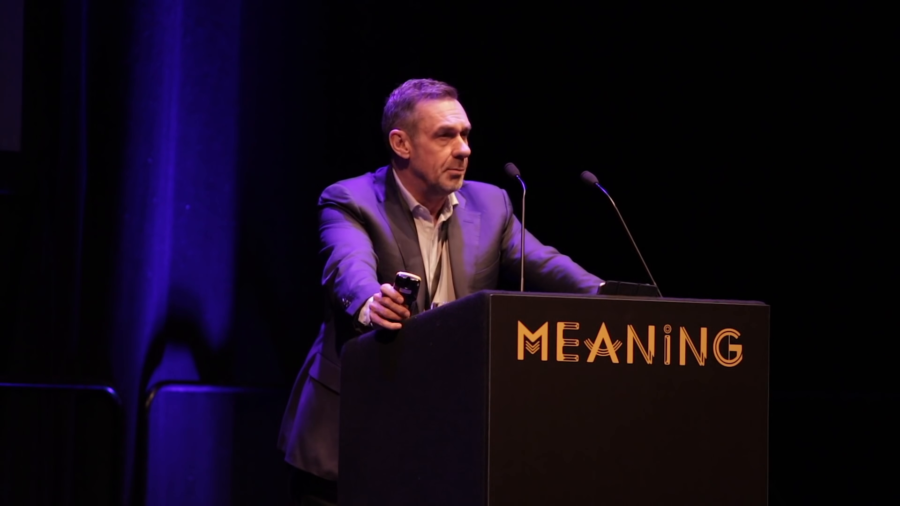
Neoliberalism is broken. The economic model of the last thirty years. It worked for a bit, dragged the bottom two thirds of the world’s population up the income scale dramatically, facilitated the tech revolution. But it’s stopped working.
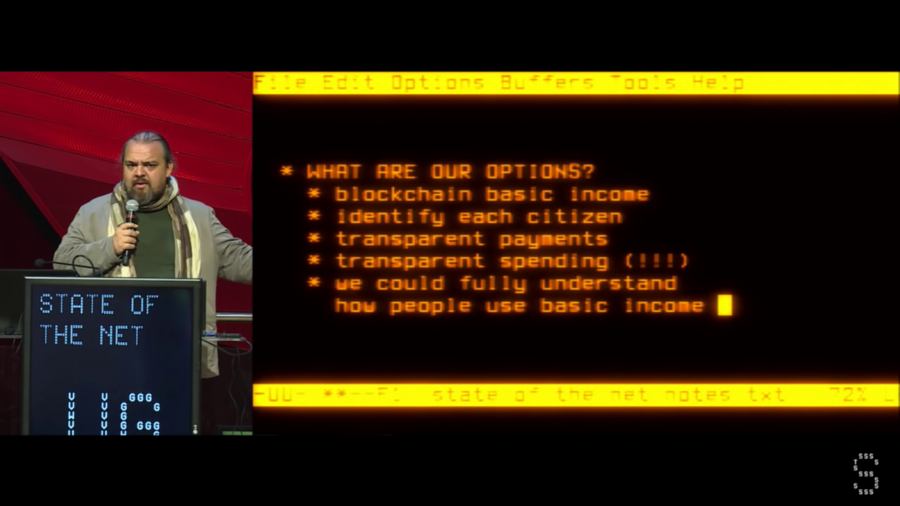
Everybody thinks of bureaucrats as being kind of a neutral force. But I’m going to make the case that bureaucrats are in fact a very strongly negative force, and that automating the bureaucratic functions inside of our society is necessary for further human progress.
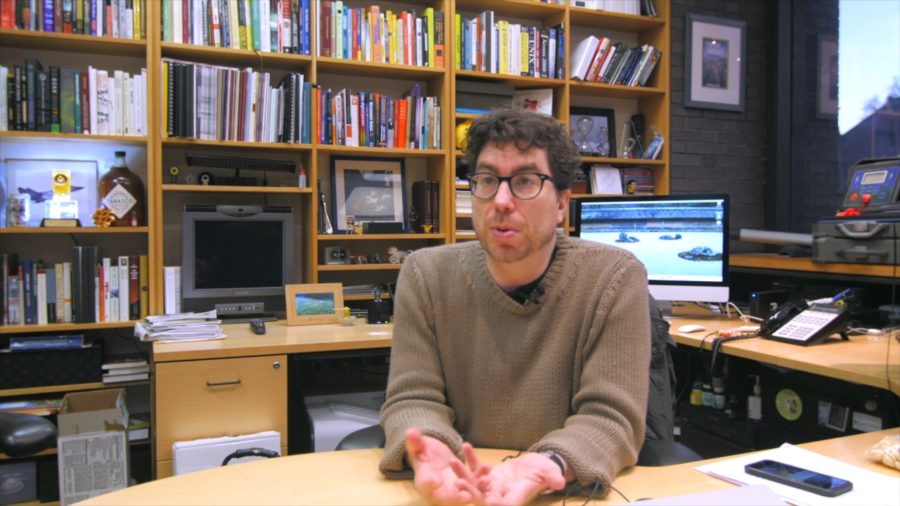
If you have a system that can worry about stuff that you don’t have to worry about anymore, you can turn your attention to other possibly more interesting or important issues.
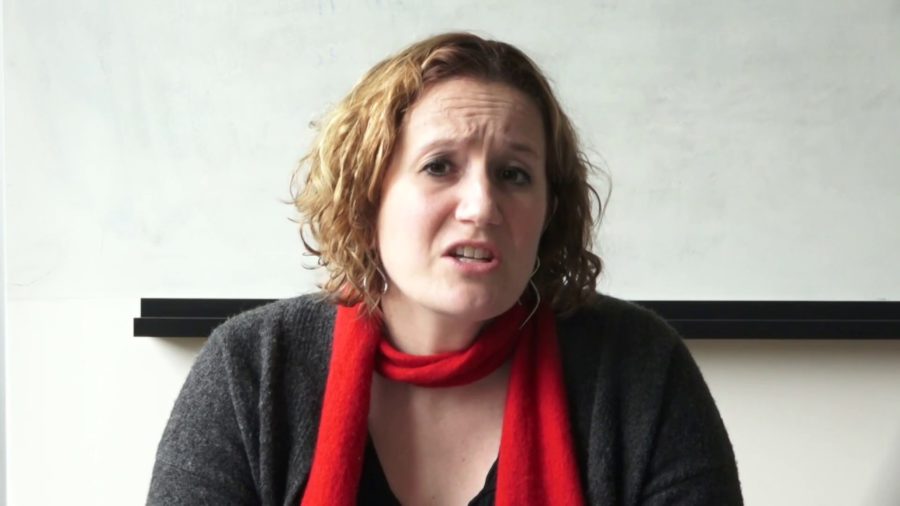
One of the challenges of building new technologies is that we often want them to solve things that have been very socially difficult to solve. Things that we don’t have answers to, problems that we don’t know how we would best go about it in a socially responsible way.
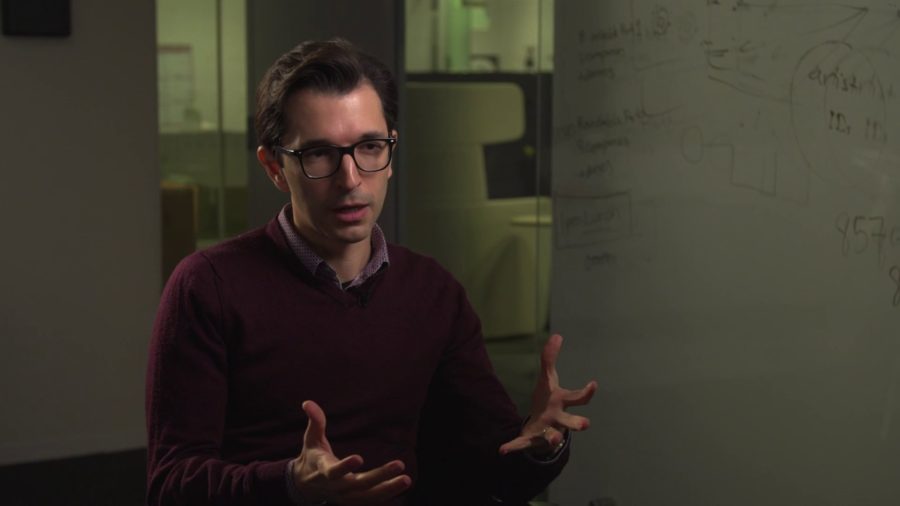
Some of the long-term challenges are very hypothetical—we don’t really know if they will ever materialize in this way. But in the short term I think AI poses some regulatory challenges for society.
To me…we all draw our satisfaction from what we ourselves have been able to do with our lives. And if somebody, some government or someone else is just giving to me, I’m not going to be a happy person.
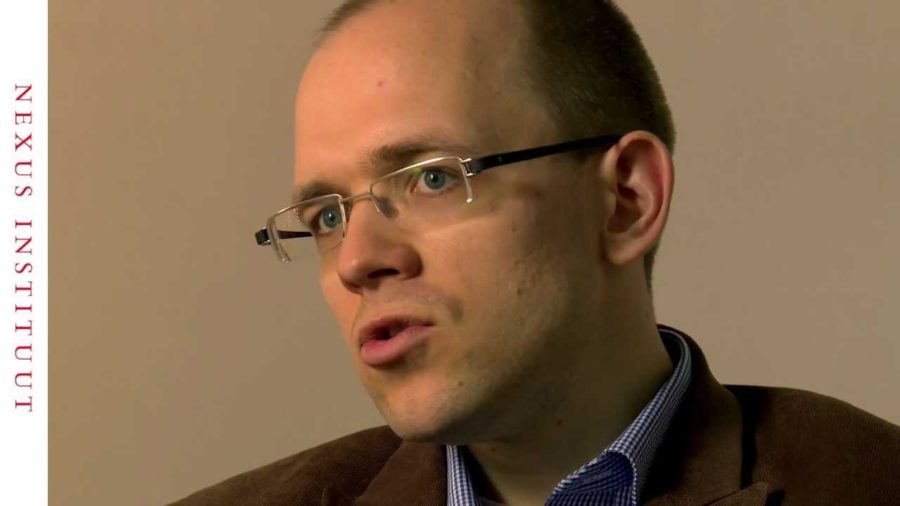
There is this very bizarre alliance between world-changing geeks on the one hand and policymakers who only care about outcomes. They no longer care about how those outcomes are arrived at. They have stripped politics of all meaning. All they want is to get people to do the right thing. They don’t care why they do it.
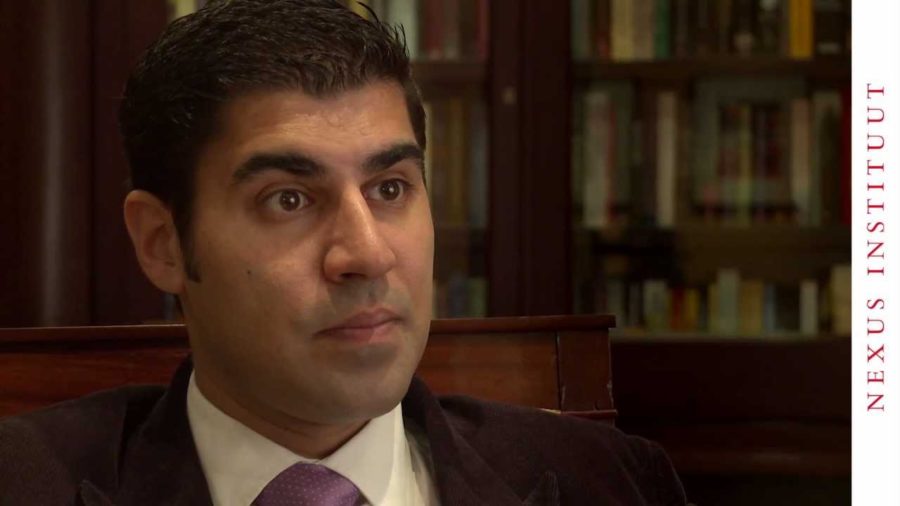
For most people on an individual level most the time, their future still feels very different from that of other people. We live in a world, for example, of enormous income inequality, right. So even though there is a global economy, it certainly doesn’t feel like one’s sort of day-to-day fate or destiny is linked to those of people around the world, even if it is in very invisible kinds of ways.

